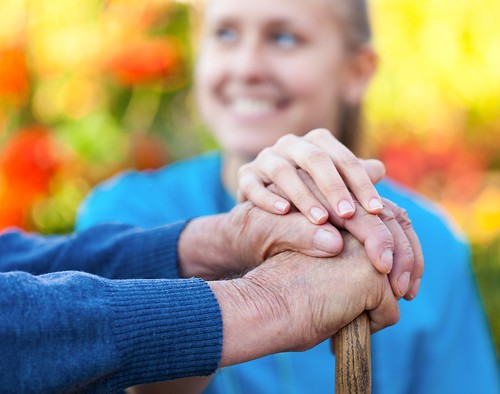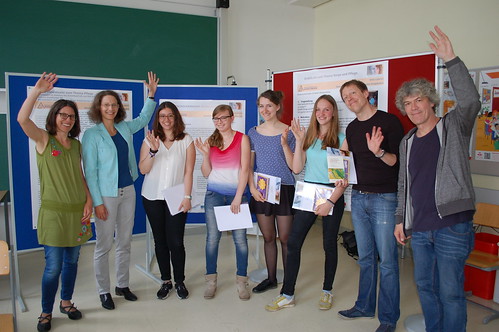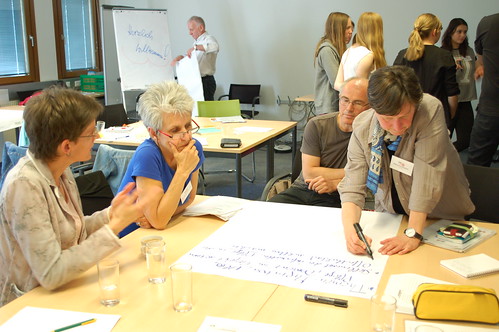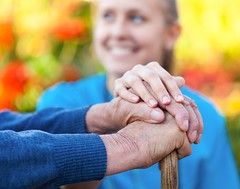Who cares?
Scenarios for a culture of care in the future
Looking into the future, to answer the question „Who cares for whom?” seems to be challenging. Care, understood in the context of everyday practice, concerns all of us. To take care of ourselves and others determine our basic wellbeing. Specific situations as living with illness, in need of care or also living with small children increases the dependency on others. Care needs are increasing within Western societies as a consequence of demographic changes. At the same time, resources for care are becoming scarce for various reasons. Therefore the question of care cultures of the future is an urgent societal challenge.
The project therefore focused in a first step on the investigation of actual care arrangements asking who is contributing in what ways. Students of three different types of schools have researched on different pathways. Students have approached these questions through qualitative interviews and analysis of literature. Working with a narrative approach, everyday experiences have given insight into care arrangements. In a second step, expert interviews were conducted. Collaborating with researchers of different disciplines over two years, they have aimed to formulate scenarios for a future care culture together in a third step. The scenarios were developed on the basis of specific experiences and care resources of people with different backgrounds (e.g. regarding gender, age or origin) in different care settings (private, voluntary, professional).*
This project was a Young Citizen Science pilot project.
Within the framework of the additional Citizen Science element citizens were invited to write about their “care and nursing stories”.
This project had a Top Citizen Science-extension project.
The project „CARE & HEAT - How do citizens and health professionals cope with heat waves in caring situations?“ was aimed at researching with the help of care givers as well as chronically ill and/or elderly people how the increasing temperature and heat periods are impacting care situations in Austria.
This project is already completed.
 Schools
Schools
 Partners from Economy and Society
Partners from Economy and Society
 Scientific institutions
Scientific institutions




